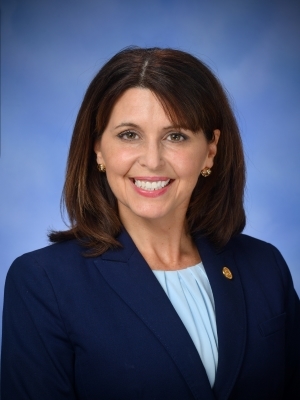There has been controversy over Gov. Whitmer's handling of the COVID-19 pandemic in relation to nursing homes. | stock photo
There has been controversy over Gov. Whitmer's handling of the COVID-19 pandemic in relation to nursing homes. | stock photo
Rep. Bronna Kahle (R-Adrian) recently addressed her disappointment in Gov. Gretchen Whitmer’s lack of changes to COVID-19 policies intended to protect Michigan’s seniors.
Approximately 33% of Michigan’s deaths related to the coronavirus have been residents of nursing homes, and at the same time, more than 35% of Michigan’s 199 outbreaks have attributed to long-term care facilities, according to Michigan House Republicans.
Concerns had grown in regards to Whitmer’s handling of pandemic policies, and in June Whitmer created the Nursing Home Preparedness Task Force within the Michigan Department of Health and Human Services. This created recommendations for a plan of action to help prepare nursing homes in relation to COVID-19 waves moving forward.

Rep. Bronna Kahle
| Michigan House Republicans
A 20-person panel made up of the Whitmer administration, state lawmakers, industry leaders and a nursing home employee recently released the report's final details. The document includes recommendations that Kahle believes undermine the need for changes in Whitmer’s COVID-19 policies.
“Our seniors -- who are our grandparents, parents, neighbors and other loved ones -- never should have been put at risk like this to begin with,” Kahle said, according to Michigan House Republicans. “Major changes to the governor’s nursing home mandate are clearly needed. I urge her to take the recommendations brought forth to her by her own task force seriously; our seniors depend on it."
The Nursing Home Preparedness Task Force made final recommendations, which emphasized that hospitals shouldn’t discharge those residents who tested positive for COVID-19 if they have less than 72 hours remaining in their isolation period. They also recommended outdoor visits at long-term care facilities to improve quality of life, addressing nursing home staffing shortages, establishing care and recovery centers across the state, and improving coordination of personal protective equipment distribution and allocation so that nursing homes can be properly stocked and prepared.





 Alerts Sign-up
Alerts Sign-up